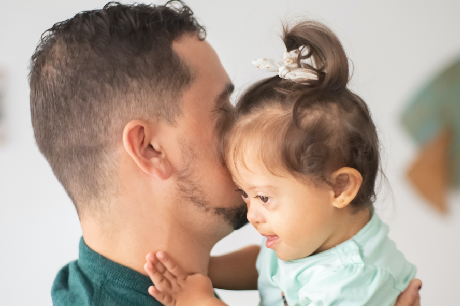Social Security Benefits and Mental Health
Social security benefits and mental health are both very complicated concepts, requiring some understanding in maneuvering the systems impacting you or your loved one.
Advocating for the Mentally Disabled
Picture if you will, a poor soul struggling with disabling mental illness. They are severely impaired, have no income to live on, may well be homeless and without family or friends to support them. They may have made a claim for disability benefits and it has most likely been denied.
Then picture SSA – on the other side, with many thousands of complex rules and regulations designed to limit the amount of people who will be found disabled. They have the power, the resources, and the incentives to deny claims- on and on. And while it is not cruelty but the fiscal reality which theoretically drives such a policy – what difference does that make to our poor struggling friend?
Add to the equation that, a mentally ill person may not have a solid grasp on reality, they might not be able to handle the stress of rejection, they may not understand what has happened or what they need to prove their disability – ultimately, they may lose their will to stand up to SSA. Social security benefits and mental health can seem like a complicated affair.
It is easy to get confused and dejected, many deserving applicants end up giving up just because SSA denied their claim once or twice. In some cases, the attorney assisting that person with their social security disability claim (SSI, SSDI, DAC) is the only one who knows what is needed to change SSA’s NO to a YES.
In such cases, my goal as your attorney is to ease your pain, to facilitate the social security disability process and work with the mental health care providers who treat my clients. It isn’t that I know better than those highly trained healthcare providers (when it comes to diagnosis or treatment), but it is the case, that even the most highly educated and well-meaning psychiatrists, psychologists, therapists, social workers, etc. don’t have the training and experience to handle the legal aspects of a disability claim. They know the client’s medical condition but have no experience in presenting the claim in the way the SSA requires, nor can they anticipate the legal impediments which may affect the success or failure of such a claim.
In my experience, I have found that most mental healthcare providers understand the grim realities of their patients’ lives and they want to do the right thing, the vast majority will cooperate if they believe in the patient’s medical need for a social security disability benefit.
Social Security Benefits and Breast Cancer
It is estimated that there are approximately 3 million women living with breast cancer in the United States, currently, and it is predicted that another 300,000 women will be diagnosed with cancer this year (estimates for men predict around 2500 newly diagnosed in 2017).
Disability Benefits and Fibromyalgia
Dealing with activities of daily living, dealing with the fatigue, dealing with your loved ones and dealing with the demands of work- just for starters. You can reduce the complexity of Disability Benefits and Fibromyalgia from the list of pains by consulting the appropriate specialists.
Advocating for Special Needs Children
Assuring that your child is receiving an appropriate education is essential to your child’s development and future success in both school and life. When a child has intellectual, mental or behavioral deficits they will need extra and personally tailored help.







